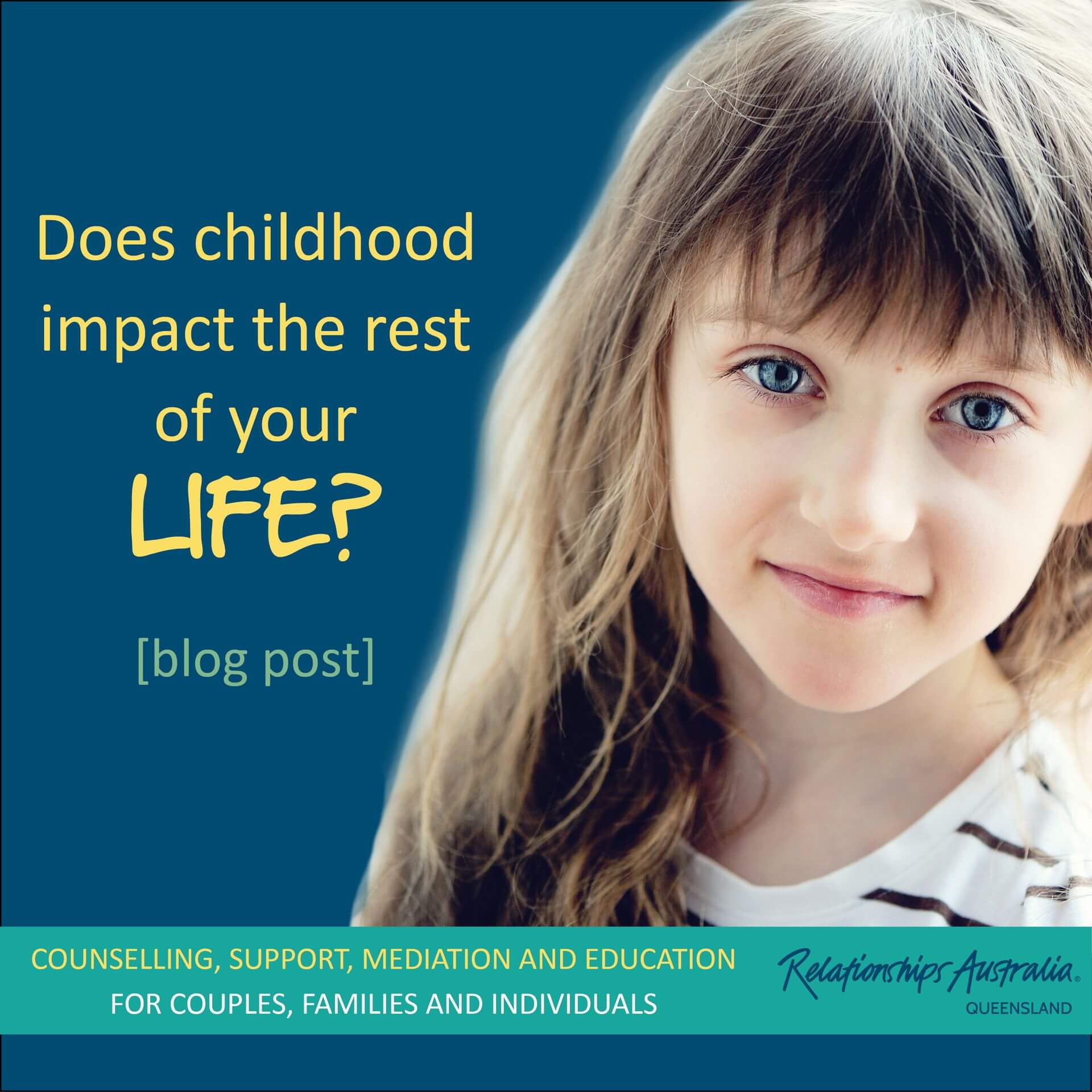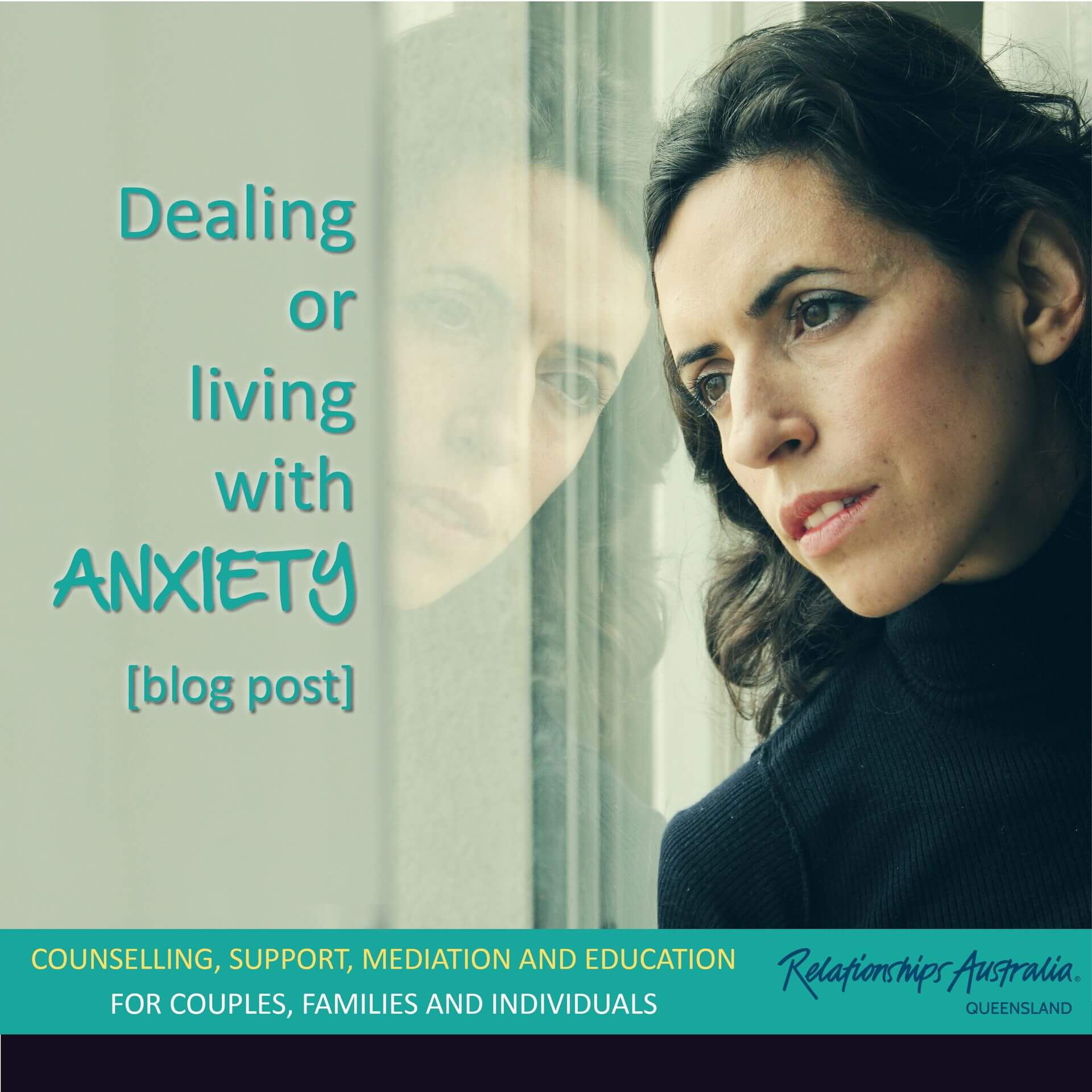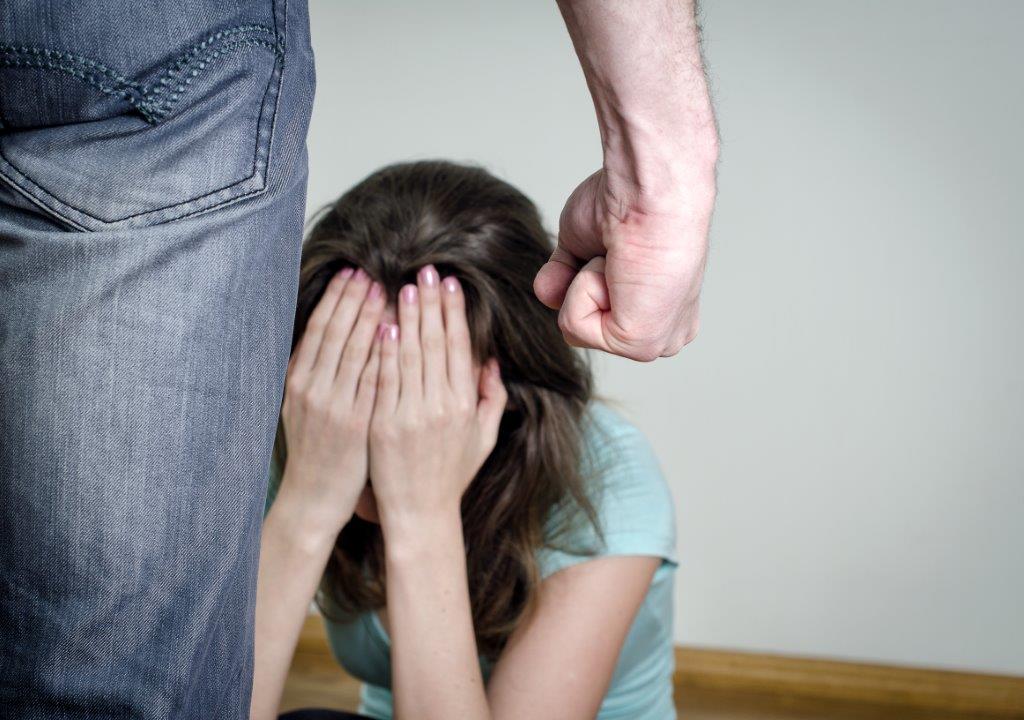The question often asked by counsellors is “So what was your childhood like?”, “How did you get on with your mother, father, siblings?” … Have you ever wondered why we ask these questions?
People will say, “You can’t blame your parents for everything. You have to grow up, make your own decisions and take responsibility for your own life.” Which is true, but the legacy of childhood is not always understood or even recognised as a contributing factor of how we make decisions or how we interact with our current family, friends and children.
The fact is we all come from, and grew up in, families. They are many and varied, single parent families, blended families, same sex parents, grandparents raising their grandchildren, or siblings taking responsibility for parenting, adoptive parents. There is no limit to the different types of families, but the truth is we all live in families or are part of extended families and friends.
Families help to shape us into the people we are today. Often we don’t realise the impact the family we grew up in has on our current lives. Were you the first born, middle child or baby of the family? Even this plays a part in how we act as adults; it can determine how we interact with our spouse, our children, our friendship circle and even in our workplace. Family therapists such as Murray Bowen, Virginia Satir and Salvador Minuchin, have been working in this theory since the 1950’s.
How you were disciplined, and whether you felt loved or accepted, all impact upon you today. Have you ever heard yourself sounding just like your mother or your father, or even worse has your partner ever said to you, “When you said that you sounded just like your mother!”, and you had vowed never to be like your parent!
You will always carry the legacy of your childhood – some good, some bad. It has helped make you into the person you are today; but wouldn’t you like to be more in control and know why you sometimes say the things you do or react the way you do? Counselling can help you gain clarity by exploring your feelings and emotions in a safe place where problems and issues can be understood.
Counsellors are able to help you work through issues in your life. They can help you make sense of the things which may get in the way of you growing and developing to your full potential in life. By asking the question, “So what was your childhood like?”, they help guide you through the things you remember as important from your childhood, the things which helped shape you into the person you are today. This will help you understand yourself and you will be able to make wiser, more informed and less reactive decisions. . This will ultimately make you a better partner, parent, friend.
— Val, Relationship and Family Counsellor @ Relationships Australia Qld
BE SOCIAL, SHARE!
This information may help someone you know. Please share this blog by using the orange SHARE link at the top of the page. You can also subscribe to receive future blogs straight to your inbox (using the SUBSCRIBE box to the right of this page).









